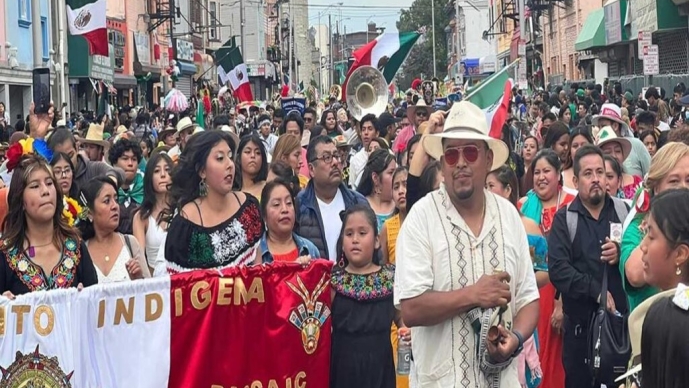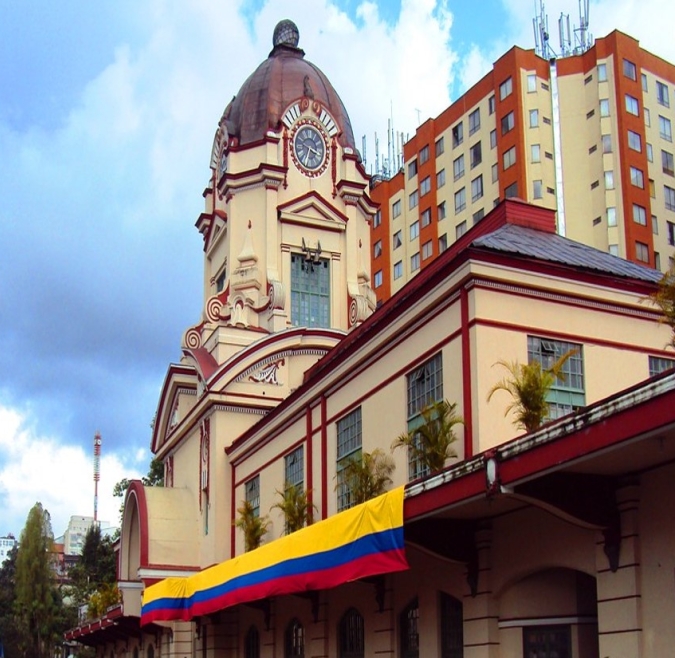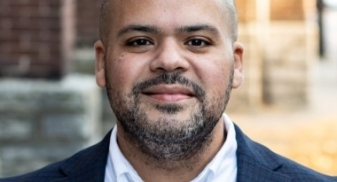Summer: Rutgers-Addressing Health Inequities in Latin American Communities
The Program
Learn about health inequities in Latin American communities with an emphasis in Colombia and Latinos in the United States.
This course examines health inequities in Latin American communities with an emphasis in Colombia and Latinos in the United States. The course examines, analyzes, applies, and evaluates conceptual frameworks, models, and research utilizing an interdisciplinary perspective drawing on Public Health, Dentistry, Medicine, and other health related disciplines. The course uses an experiential learning approach to gain a deeper understanding of the sociocultural, economic, environmental, and political factors that contribute to health inequities and their solutions in Latin American communities. Students will engage with community-based organizations, health care facilities in the private and public sector, community members, and guest speakers all with an eye on addressing health inequities in Latin American communities.

Program Locations

Colombia
Manizales
Manizales is a city located in the mountainous coffee-growing region of western Colombia. It is renowned for its culture, steep streets, and stunning views of the nearby Nevado del Ruiz volcano. The course will be held at the School of Health Sciences at the ‘Universidad Autónoma de Manizales’, a Colombian university compromised with sustainable development and social responsibility.
Academics
By the completion of this course, students will be able to:
- Demonstrate an understanding of social, cultural, political, and historical factors at the individual, community, and societal level that shape health inequities in Latin American communities.
- Discuss the impact of migration and changing demographics on health inequities in Latin American communities.
- Describe how race, ethnicity, nationality, acculturation, and legal status affect health inequities.
- Analyze theoretical frameworks relevant to addressing health inequities in Latin American communities.
- Discuss the evolution and manifestation of health inequities in Colombia and among Latinos in the US.
- Critically assess and articulate interventions designed to address health inequities relevant to Latin American communities.
Housing and Meals
Students in this course will stay at the Hotel Benidorm in Manizales, Caldas, Colombia. They will share double rooms during their stay. Room amenities include 2 beds, WiFi, a security box, and a television. The hotel will provide a continental breakfast.
For more information about the stay: https://www.hotelbenidorm.co/es/
Financial Information
Program Costs
| Graduate | |
|---|---|
| NJ resident | $5,703 |
| Non-NJ resident | $6,174 |
Program Cost includes:
- 3 credits Graduate tuition
- Breakfast
- Housing
- In country transportation
- Some meals
- Excursions
- Administrative Fees
- Emergency Medical Access Abroad
Out-of-Pocket Costs
| Flights | $900 |
| Meals not included | $300 |
| Books and Classroom Materials | $50 |
| Personal Expenses | $100 |
| Total | $1,350.00 |
Out-of-Pocket Cost includes:
The above costs are estimations and represent the known out-of-pocket costs students encounter during their time abroad.
Some of these expenses will be paid for prior to going abroad, such as an airline ticket, while some of these expenses, such as meals and personal expenses, will be paid in-country as part of your daily expenses. As you plan, you will need to budget these costs and spend wisely throughout your time abroad.

